
How to get URL link on X (Twitter) App


https://twitter.com/JeremySternLA/status/1958526518940094501
 the section on learning science was fun for me - interesting to see topics I've focused on for years through fresh eyes. I strongly disagree with the writer that they're intuitive, in part because the takeaway that teachers in front of classrooms are bad is not true at all!
the section on learning science was fun for me - interesting to see topics I've focused on for years through fresh eyes. I strongly disagree with the writer that they're intuitive, in part because the takeaway that teachers in front of classrooms are bad is not true at all! 

https://twitter.com/martinmbauer/status/1957549094114611264
 I sympathize with his position. He has spent his life focused almost exclusively on pure mathematics professionally. but around him, universities and many of his fellow researchers became explicitly political actors in a way that was destined to draw a political response.
I sympathize with his position. He has spent his life focused almost exclusively on pure mathematics professionally. but around him, universities and many of his fellow researchers became explicitly political actors in a way that was destined to draw a political response.
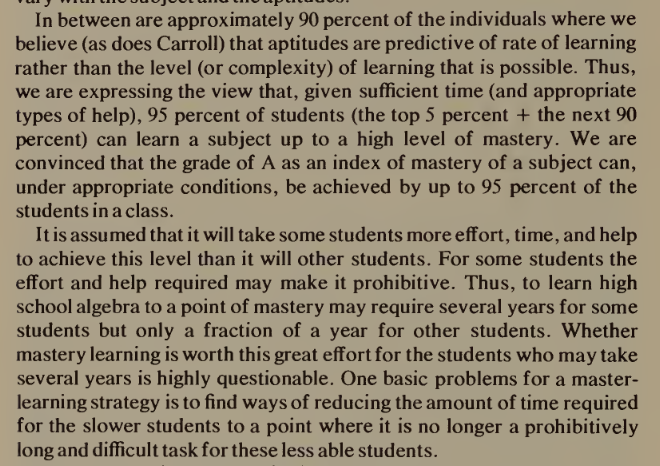

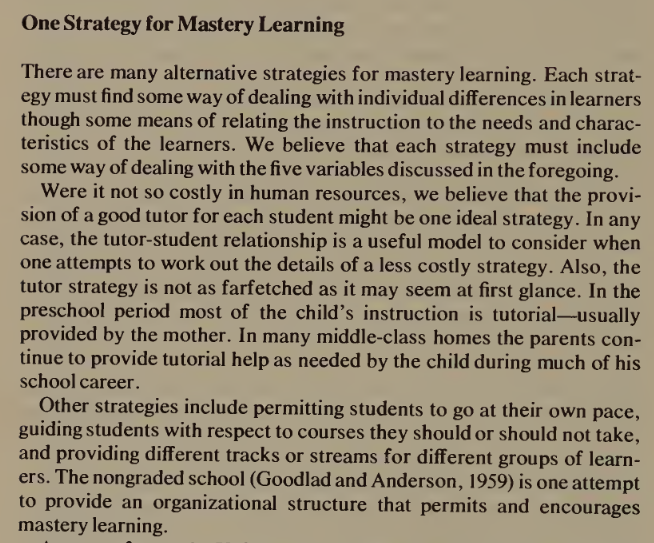

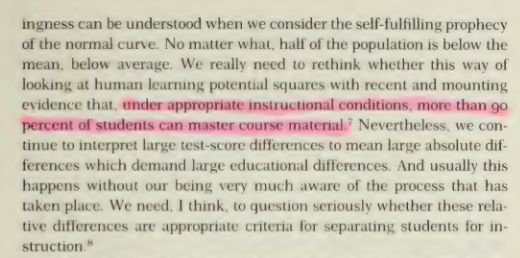 oh, for crying out loud. I meant to quote tweet this! this is what I was responding to
oh, for crying out loud. I meant to quote tweet this! this is what I was responding tohttps://x.com/JeremiahDJohns/status/1950885667027792242

 I know I’ve been UKposting a lot lately but like
I know I’ve been UKposting a lot lately but like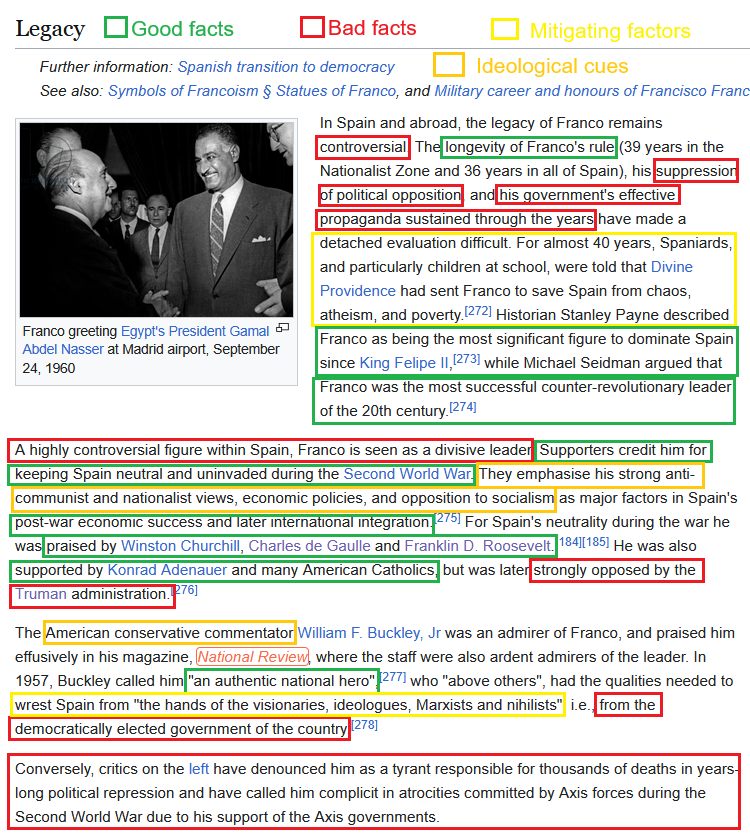

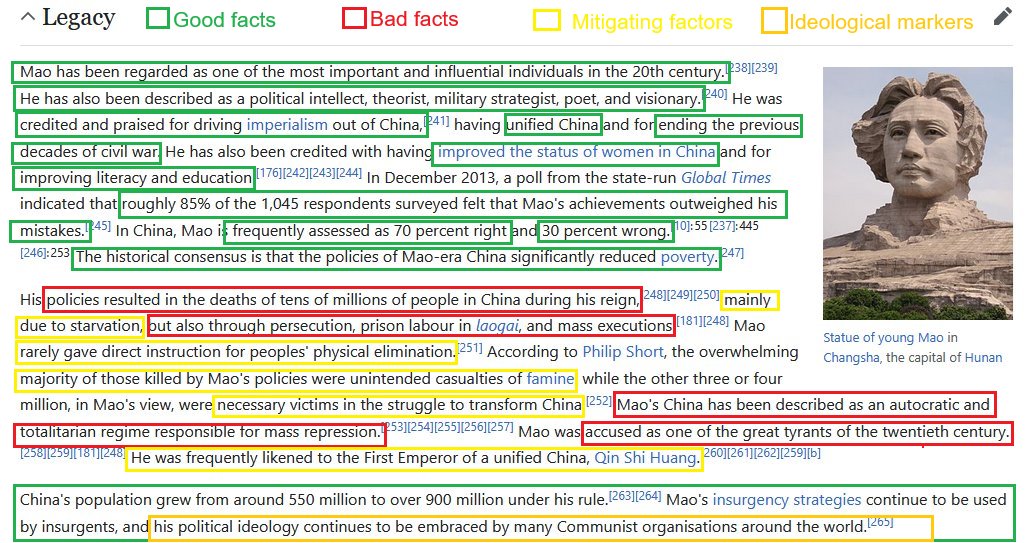 Look out for people like this. They think you are stupid, they think words are a game of “I’m-not-touching-you,” they see truth only as another tool to use when convenient.
Look out for people like this. They think you are stupid, they think words are a game of “I’m-not-touching-you,” they see truth only as another tool to use when convenient.https://x.com/TrueAnonPod/status/1949513726828122264


 always heartwarming to see austere religious scholars get the recognition they deserve
always heartwarming to see austere religious scholars get the recognition they deserve 



 over time the field got better and better at studying the form of ability grouping that everybody had known was pointless for sixty years while just sorta disregarding the form that kept getting results
over time the field got better and better at studying the form of ability grouping that everybody had known was pointless for sixty years while just sorta disregarding the form that kept getting results

https://twitter.com/ctjlewis/status/1942637481494733143
 Tao is “Adrian” in this.
Tao is “Adrian” in this.
https://twitter.com/razibkhan/status/1928960078855409683perhaps to win young men back we should figure out how to rebuild the social technologies held within traditional faiths, centered around policing, constraining, and controlling the sexuality of men towards positive ends, in a way suited to the needs of the day
https://twitter.com/greenplusane/status/1929199279609938181

 As another example: In the famous case Larry P. v. Riles, the court found that IQ tests were biased against black students and therefore could not be used to place students in remedial courses.
As another example: In the famous case Larry P. v. Riles, the court found that IQ tests were biased against black students and therefore could not be used to place students in remedial courses. 
https://twitter.com/MbalulaFikile/status/1922237764788961358If a country is upset people left because it had plans to “transform” their position and hold them “accountable,” I think they’re at the very least not insane to want to leave!

https://twitter.com/ezraklein/status/1904962816785924408What does Abundance need? More specific demands and a more pugilistic attitude.

https://twitter.com/JeremiahDJohns/status/1901961775743942793
 My banner art is set in (alt-history) 1905. Why? I couldn't have given a better reason than this.
My banner art is set in (alt-history) 1905. Why? I couldn't have given a better reason than this. 


https://twitter.com/RichardHanania/status/1901386961820242413More on this:
https://x.com/tracewoodgrains/status/1769844589362352251



 anyway, here's the argument
anyway, here's the argumenthttps://twitter.com/nfergus/status/1899067194652418457The trouble is that in a certain light, he is exactly who everyone thinks he is
https://twitter.com/PeteButtigieg/status/1885013865676562491
https://x.com/tracewoodgrains/status/1853578599502094803

 For those just tuning into the story now:
For those just tuning into the story now:https://x.com/tracewoodgrains/status/1752091831095939471
https://twitter.com/jxmnop/status/1882169838027882884hm this is helpful
https://x.com/yishan/status/1882300555911122969